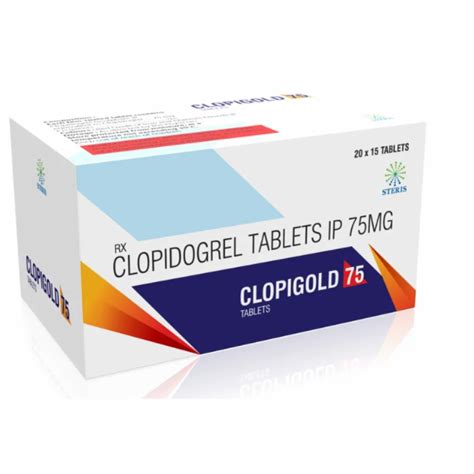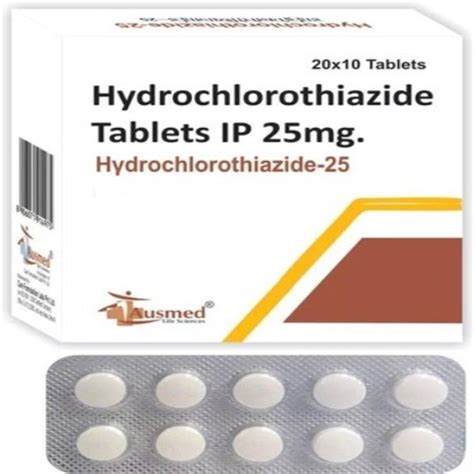12 Out Of Pocket Maximum Tips To Save Money

Understanding how out-of-pocket maximums work can be a daunting task for many individuals and families navigating the complex healthcare system. The out-of-pocket maximum is the highest amount you’ll have to pay for healthcare expenses in a given year, excluding premiums. Once you reach this maximum, your health insurance plan covers 100% of eligible expenses for the remainder of the year. However, managing these costs before reaching the maximum can be financially challenging. Here are 12 expert tips to help you save money on out-of-pocket healthcare expenses.
1. Choose the Right Health Plan
Selecting a health insurance plan that aligns with your medical needs and budget is crucial. Consider factors such as deductible, copayment, coinsurance, and out-of-pocket maximum. A plan with a lower deductible might have a higher premium, but if you anticipate frequent medical visits, it could save you money in the long run. Conversely, a plan with a higher deductible and lower premium might be more suitable for someone with minimal healthcare needs.
2. Health Savings Account (HSA)
If you have a High-Deductible Health Plan (HDHP), you’re eligible for a Health Savings Account (HSA). Contributions to an HSA are tax-deductible, and the funds grow tax-free. You can use HSA funds for qualified medical expenses without incurring taxes on withdrawals. This can be a powerful tool for saving for medical expenses and reducing your taxable income.
3. Flexible Spending Account (FSA)
Similar to an HSA, a Flexible Spending Account (FSA) allows you to set aside pre-tax dollars for healthcare expenses. However, FSA funds must be used within the plan year, or you’ll lose them. If you can accurately predict your annual healthcare expenses, an FSA can help reduce your taxable income and lower your out-of-pocket costs.
4. Preventive Care
Many health insurance plans cover preventive care services without requiring a copayment or coinsurance, even if you haven’t met your deductible. These services can include annual physicals, vaccinations, screenings, and more. Utilizing these preventive services can help detect health issues early, potentially reducing the need for more costly treatments down the line.
5. Generic and Store-Brand Medications
When possible, opt for generic or store-brand versions of prescription medications. These alternatives are often significantly cheaper than name-brand drugs but are just as effective. Your healthcare provider or pharmacist can guide you on which medications have generic equivalents.
6. Negotiate Medical Bills
If you’re facing a significant medical bill, it’s worth trying to negotiate the cost. Some providers may be willing to reduce the bill or set up a payment plan, especially if you’re paying out-of-pocket. It’s essential to have a clear understanding of the charges and to ask about any available discounts or financial assistance programs.
7. Understanding Billing and Coding
Medical billing can be complex, and errors can occur. Request an itemized bill for any medical service, and review it carefully. If you spot any discrepancies or charges you don’t recognize, contact your provider’s billing department to rectify the issue.
8. Stay In-Network
Using healthcare providers within your insurance plan’s network can significantly reduce your out-of-pocket costs. Out-of-network providers may charge higher rates, and your insurance may cover less of these costs or even deny claims. Always check if a provider is in-network before receiving care.
9. Careful Plan Selection for Families
For families, selecting a health plan that covers your specific needs is crucial. Consider the medical history and anticipated healthcare needs of each family member. Some plans may offer better coverage for certain conditions or services that are important to your family.
10. Utilize Telemedicine
Telemedicine services, which allow you to consult with healthcare professionals remotely, can be a cost-effective option for non-urgent care. Many insurance plans cover telemedicine visits at a lower cost than in-person visits, and you can often receive care from the comfort of your own home, saving time and potential exposure to other illnesses.
11. Health Advocates
For complex medical billing issues or negotiations, consider hiring a health advocate. These professionals can help navigate the healthcare system, negotiate bills, and ensure you’re receiving the care you need at a fair cost. While their services come at a cost, they can potentially save you more money in the long run.
12. Regularly Review and Adjust Your Coverage
Healthcare needs can change over time. Regularly reviewing your health insurance coverage and adjusting as necessary can help ensure you’re not overpaying for services you don’t need or underinsured for services you do need. This might involve switching plans during open enrollment or considering supplemental insurance policies for specific needs like dental or vision care.
Conclusion
Managing out-of-pocket healthcare expenses requires a proactive approach, from choosing the right health insurance plan to utilizing preventive care services and negotiating medical bills. By implementing these strategies, individuals and families can better navigate the healthcare system, reduce their financial burden, and ensure they receive the care they need without breaking the bank.
FAQ Section
What is the out-of-pocket maximum in health insurance?
+The out-of-pocket maximum is the highest amount you’ll have to pay for healthcare expenses in a given year, excluding premiums. After reaching this maximum, your health insurance plan covers 100% of eligible expenses for the remainder of the year.
How can I reduce my out-of-pocket healthcare expenses?
+To reduce out-of-pocket healthcare expenses, consider choosing a health plan that fits your needs, utilizing a Health Savings Account (HSA) or Flexible Spending Account (FSA), taking advantage of preventive care services, opting for generic medications, negotiating medical bills, and staying in-network.
What are the benefits of preventive care services?
+Preventive care services, which are often covered without requiring a copayment or coinsurance, can help detect health issues early. This can lead to better health outcomes and potentially reduce the need for more costly treatments in the future.
Can I negotiate my medical bills?
+Yes, it’s possible to negotiate medical bills. Contact your healthcare provider’s billing department to discuss your bill and explore options such as payment plans or discounts. Having an itemized bill and understanding the charges can help you negotiate more effectively.
How can telemedicine services save me money?
+Telemedicine services can save you money by providing an alternative to in-person visits for non-urgent care. Many insurance plans cover telemedicine at a lower cost, and you can avoid costs associated with travel to a healthcare facility.
What is the role of a health advocate in managing healthcare expenses?
+A health advocate can help navigate the healthcare system, negotiate medical bills, ensure you’re receiving necessary care, and potentially find ways to reduce your expenses. While hiring an advocate comes at a cost, their expertise can lead to significant savings and better health outcomes.



